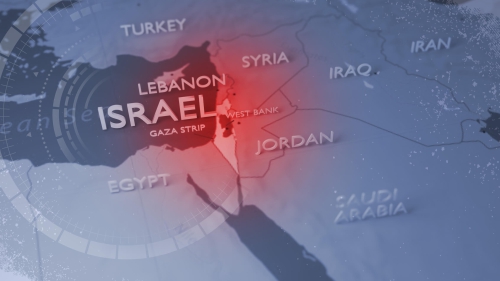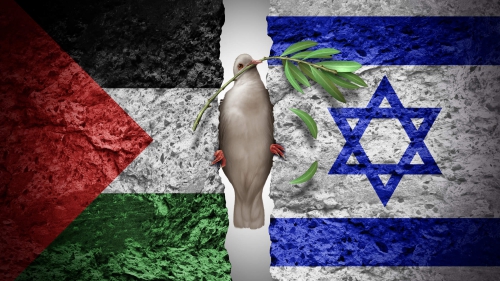Slamming Hamas In Jordan - The Foreseen Surprise
It is certain that the latest Jordanian crackdown on the Islamic resistance movement, Hamas, was politically motivated. It is also unquestionable that the US, Israel and the PNA had vested interests for such an operation to be carried out at such a time.
The Jordanian claim that Hamas operated illegally in Jordan cannot be taken seriously for two reasons. First, Jordan had the will and the means to eliminate Hamas' presence in the past. Instead, it left the stage open for the movement's figures and personnel to conduct their business with no disturbances. Secondly, the Hamas spokesperson in Beirut, Osama Abu Hamdan, in an interview with Quds Press, claimed that an agreement between the former Jordanian Prime Minister Zied Ibn Shaker and the leadership in the Hamas movement in Jordan, took place in 1991. In that meeting, Jordan recognized and permitted Hamas' political presence in its territories.
In fact, when the US finally agreed to deport Musa Abu Marzuq, a Hamas political bureau member, in 1997, Jordan was one of very few countries that cheerfully welcomed to host the deported man, fully knowing his active role in the Islamic movement. When Abu Marzuq made it to Jordan, top Jordanian officials received him with open arms upon his arrival to the airport. Now, Abu Marzuq is one of Jordan's most wanted men, with 4 other Hamas leaders.
It is out of the question that the relationship between Jordan and Hamas was an association of interests. Hamas as a movement that was libeled and sanctioned almost everywhere, including their own homeland, Palestine, had no other option but to seek Jordan's hospitality. Jordan, on the other hand, agreed to host the movement's offices and personnel for more than one reason, none of them, however, were obligatory.
Jordan cleverly used its tolerance toward Hamas to strengthen its national unity, especially with the Jordanian opposition parties, led by The Muslim Brotherhood. Knowing that Hamas has very strong ties with Jordanian Islamic parties, the Jordanian government preferred not to upset the relative political stability acquired throughout the years in Jordan.
In regards to the unstable Jordanian-Palestinian governmental relations, Hamas applied a pressure that Jordan had hoped to use as the winning card in its political games with the PNA.
Perhaps one of the reasons that motivated Jordan to extend Hamas' stay in its territories was the Mossad's attempt to assassinate the head of the movement's political bureau, Khalid Mash'al in the fall of 1997. The support that the Israeli scheme generated for the Islamic movement then, intensified Jordanian worries that any anti-Hamas measures might generate a great deal of public anger, thereby strengthening the position of the movement even more.
It is ironic that the Mossad's former chief Dany Yatom, who had personally supervised the assassination attempt of Mash'al, was recently hired to be the "coordinator of relations with Jordan", while Mash'al himself is wanted by the Jordanian government.
While the timing of the crackdown on Hamas sounds completely uncalled for, for the Jordanian government, the timing can not be any better. It is clear that Hamas' refusal to participate in the Palestinian unity talks held in the West Bank town of Ramallah has agitated the PNA. With all the political and non-political measures taken by the PNA to eliminate any opposition disturbances regarding its deals with Israel, Hamas' active presence in Jordan has hardened the PNA's primary task.
While Syria has assured the US administration and its expected peace partner, Israel, that its efforts to break a deal is genuine, Jordan has followed in Syria's footsteps by taking an even tougher measure against the Palestinian opposition manifested in Hamas.
Not only has the Jordanian government pleased the PNA and Israel with such a crackdown, but it has also yielded more American confidence in its leadership.
In his recent visit to the United States, King Abdullah II, requested an increase in American assistance for the drought that brought devastation to the Jordanian economy. He was informed by the President that it is hard to get the Congress to sign on any additional aid, unless Hamas' activities in Jordan are restrained.
While Monday August 30th, was the day in which Jordan sealed the Islamic movement's office, arresting 13 of its men, Tuesday August 31st, was the day in which news agencies reported, "U.S. to Double Wheat Gift to Jordan".

















